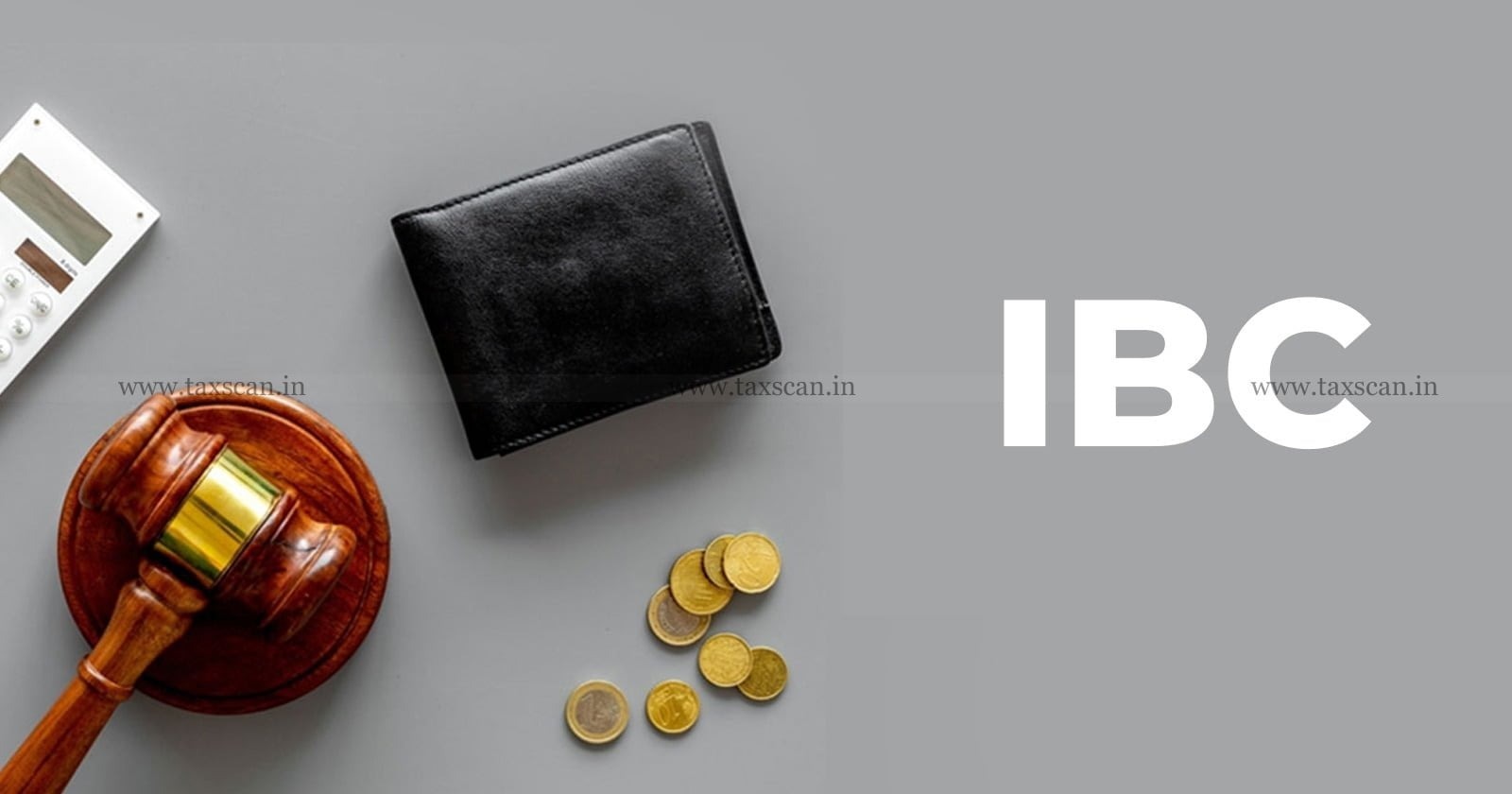Electricity dues for Periods Prior to Takeover cannot be Recovered from Present Owner under IBC: Meghalaya HC [Read Order]
The court allowed the writ petition, emphasising that a clean slate approach is applied upon takeover, and concluded that the claim was unsustainable

Meghalaya High Court – Insolvency and Bankruptcy Code – Electricity – IBC – Electricity Dues for Periods – taxscan
Meghalaya High Court – Insolvency and Bankruptcy Code – Electricity – IBC – Electricity Dues for Periods – taxscan
The Meghalaya High Court ruled that a company acquired through the Insolvency and Bankruptcy Code (IBC) process is not liable for electricity dues incurred before the takeover.
Reliance Infratel, the petitioner company that operates over 43,000 mobile towers in India of which 157 are situated in Meghalaya, was admitted to insolvency with effect from 07.05.2019. A resolution plan was then submitted by Reliance Projects and Property Management Solutions Ltd. (RPPMSL), for takeover of the petitioner, and on the same being approved by the National Company Law Tribunal (NCLT) and thereafter by the Supreme Court, RPPMSL took over the petitioner company on 22.12.2022.
Meghalaya Power Distribution Corporation Ltd. sought recovery of electricity dues from the petitioner for the periods prior to the takeover under the Insolvency Code, and also from the affiliates of the petitioner by threatening to disconnect the existing electricity connections for the mobile towers and further refusing to provide new electricity connections to the petitioner and its affiliates.
Aggrieved by the letter, the petitioner, by way of the instant writ petition, challenged the impugned letter issued by the respondent to the extent that it pertains to dues of the petitioner, prior to 22.12.2022.
The petitioner, represented by V.V.V. Sastry and H. Abraham, argued that the legal issues raised in the instant case are no longer res integra, in view of the judgment rendered by the Supreme Court in the case of Tata Power Western Odisha Distribution Ltd. (TPWODL) & Anr. vs. Jagannath Sponge Pvt. Ltd., wherein it was held that a power distribution company, cannot insist on payment of arrears, which would negate the clean slate principle, if the successful resolution applicant is asked to pay the arrears payable by the corporate debtor.
The petitioner also highlighted that the Supreme Court, in its judgement, clarified that in the event any statutory authorities or creditors have any claim, such person may approach the NCLT, but that in the instant case, the respondents are seeking to recover the dues without approaching the NCLT.
Advocate General A. Kumar, appearing for the respondents, stated that the electricity dues, being statutory in nature, could not be waived and the writ petition is not maintainable due to the presence of effective alternative remedy. He cited the decision of the Supreme Court in Telangana State Southern Power Distribution Company Ltd. & Anr. vs. Srigdhaa Beverages, asserting that statutory dues must be paid.
The bench of Justice H. S. Thangkhiew stated that "the respondent had been duly notified and had ample opportunity to submit their claims during the insolvency process. Their failure to do so means they are now bound by the resolution plan, which specifically extinguishes all previous claims.
The court further noted that the IBC provisions clearly take precedence over other statutory obligations, and as such, the claims by the respondent for dues incurred prior to the resolution plan are unsustainable.
To Read the full text of the Order CLICK HERE
Support our journalism by subscribing to Taxscan premium. Follow us on Telegram for quick updates


